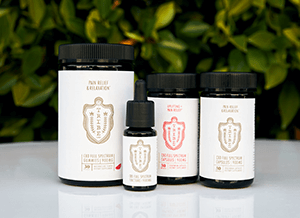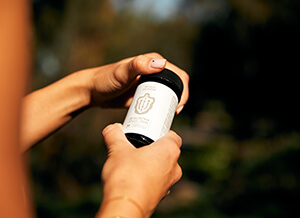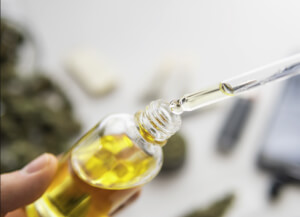It’s difficult enough for most customers to understand CBD’s legality in North America. Even though Canada and the USA formally legalized hemp-derived products, there are a lot of nuances at the local level. A few states and provinces don’t recognize CBD oil, while others place restrictions on CBD products with above 0.3 percent THC. There are also contentious debates over the legality of specific product categories like CBD edibles.
Since the legality of CBD is so complicated even in technically “legal countries,” it’s virtually impossible to give a comprehensive list of every nation’s hemp policies. Not only are CBD laws vague in many nations, policies can change on a dime.
However, if you travel for business or are planning a foreign getaway, you must understand how your target destination handles hemp. Please never assume a country will view CBD oil similarly to countries like the USA. If you can’t find precise details on your nation’s CBD laws, you should leave your hemp extract at home.
So, CBD Isn’t Legal Anywhere Outside North America?
After reading the intro, you may think that most nations outside of North America don’t have favorable hemp laws. While it’s true most countries don’t distinguish CBD hemp from THC marijuana, some territories have begun opening up to CBD products.
For instance, most nations in the EU allow residents to buy CBD oils that have between 0 – 0.2 percent delta-9 THC. Countries like Germany, the UK, Ireland, and Greece have relatively lenient policies toward low or no-THC CBD oils. However, some nations like Denmark still require people who want to buy CBD oil to have a doctor’s approval.
Significant economies in Oceania like Australia and New Zealand have also begun opening up to CBD oil products. However, New Zealand tends to have more restrictive laws than Australia, so travelers should keep CBD oil at home unless they have a doctor’s approval.
The info on CBD laws in regions like Africa, South America, the Middle East, and Asia is more spotty. However, it’s safe to say that most nations in these areas still aren’t CBD-friendly. Even if countries allow recreational CBD oils in these zones, they usually only allow products with zero percent delta-9 THC. Unless otherwise noted, travelers should avoid bringing CBD oils to these countries for the time being.
How Can International Tourists Stay Safe With CBD?
Although reliable info on CBD hemp is spreading worldwide, many lawmakers still don’t fully grasp the difference between CBD vs. THC. Until more countries see the unique benefits of non-psychoactive CBD products, it’s unlikely they will instantly switch the “green” light on — especially if they already take a restrictive stance towards cannabis.
So, even though Tribe CBD oil may be technically legal in dozens of nations, we’d recommend people keep this cannabinoid at home if they’re flying to a foreign destination. Unless you know that leaders in your target country have relaxed hemp laws, you could get into big trouble traveling across borders with CBD oil.
Hopefully, as news of CBD oil’s many benefits continues to spread, it will be easier for frequent flyers to use their CBD on the go. Until that day arrives, Tribe CBD urges customers to exercise extreme caution when bringing CBD oil on a long-haul flight.




